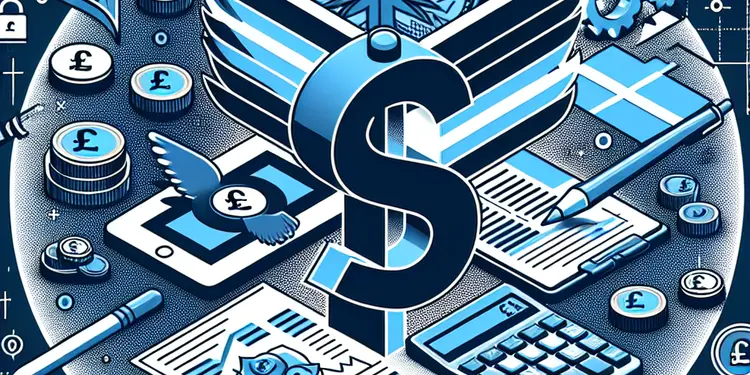
Find Help
More Items From Ergsy search
-
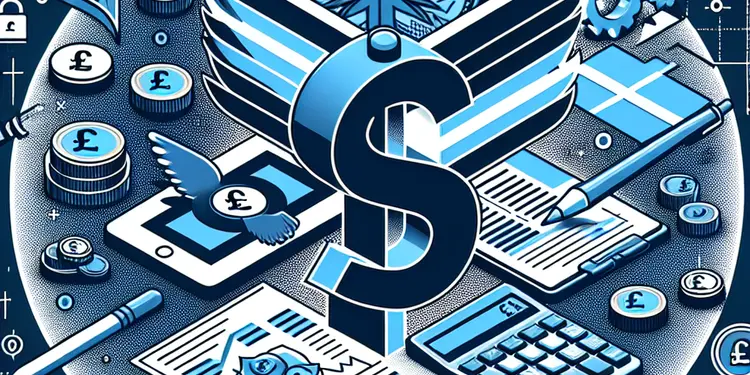
Could my payment plan affect how overpayments are handled?
Relevance: 100%
-
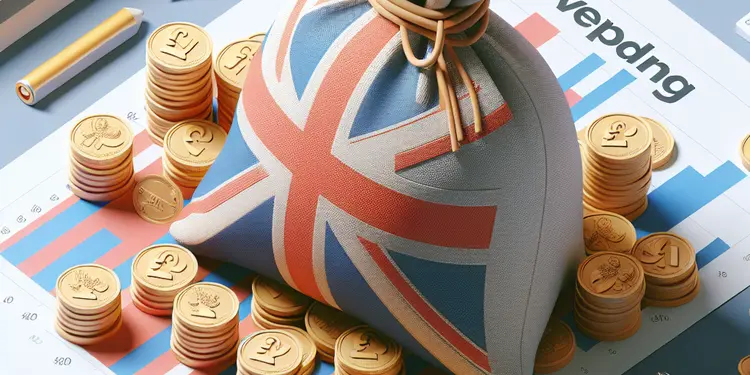
What should I do if I discover an overpayment?
Relevance: 66%
-

Mortgage Overpayment and Flexible Features Explained
Relevance: 63%
-

Are there any automated notifications for overpayments?
Relevance: 61%
-
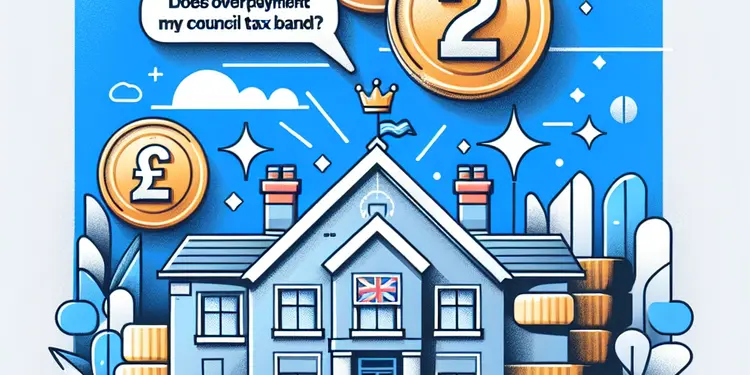
Does overpayment affect my Council Tax band?
Relevance: 61%
-

What information do I need to check for overpayments?
Relevance: 60%
-
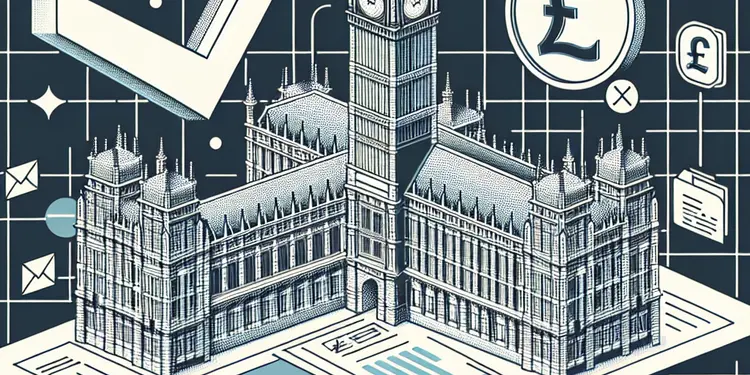
What details are needed to check for overpayments through my council?
Relevance: 57%
-
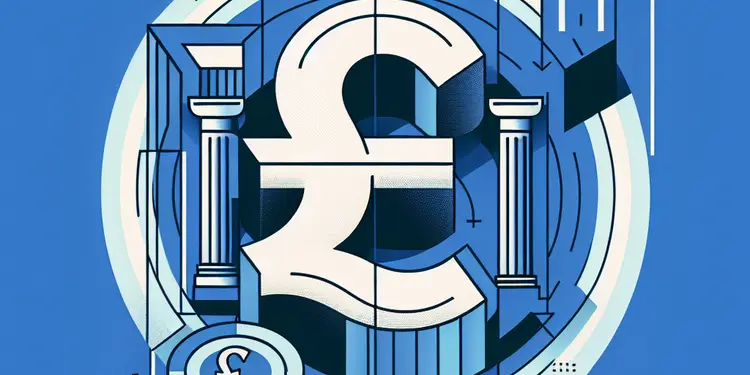
Will my council send a refund check if I overpay?
Relevance: 56%
-

Can funeral directors offer payment plans?
Relevance: 55%
-
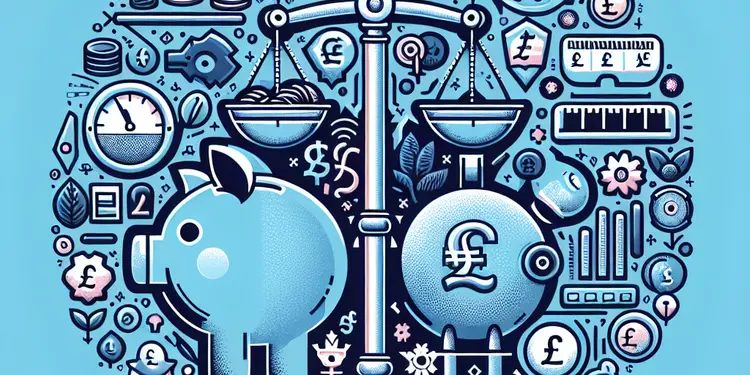
What is the best way to ensure I don't overpay again in the future?
Relevance: 51%
-

Can overpayments occur due to discounts or exemptions?
Relevance: 50%
-

What happens if I receive more than one Winter Fuel Payment?
Relevance: 50%
-
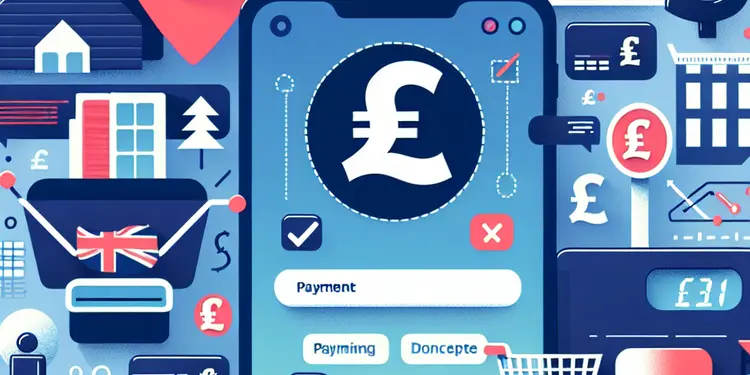
What is a payment on account?
Relevance: 48%
-
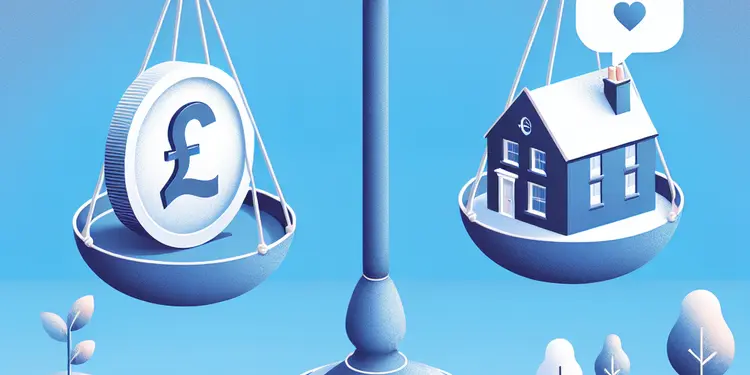
What is an income-driven repayment plan?
Relevance: 41%
-

How do can I find out if I have overpaid my UK Council Tax?
Relevance: 40%
-

How does the payment affect students' financial aid packages?
Relevance: 39%
-

Does applying for an income-driven repayment plan affect my credit score?
Relevance: 37%
-
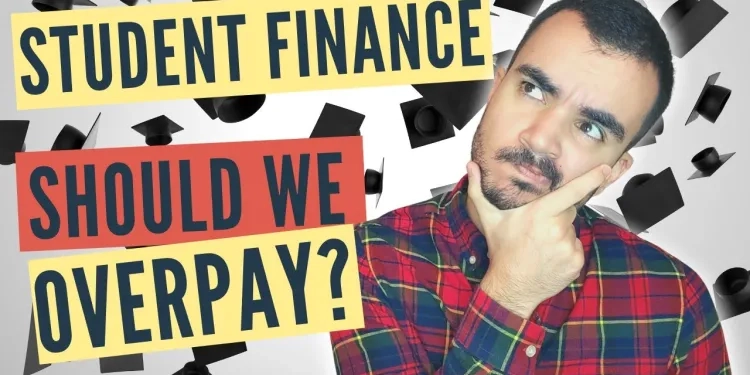
Student Finance: Should I pay more? | Plan 1 & Plan 2 | SF Explained
Relevance: 36%
-
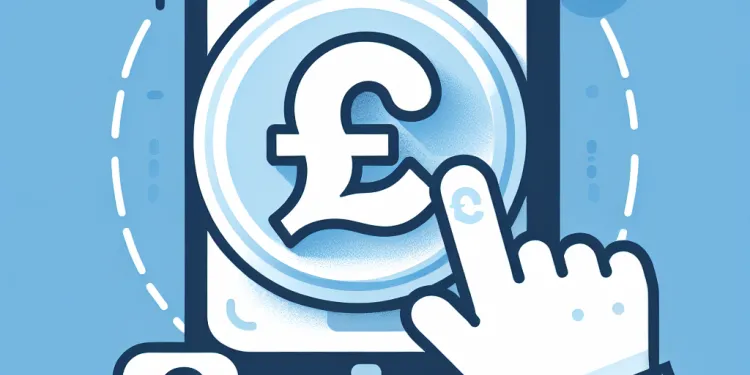
Will the £500 cost of living payment affect my benefits?
Relevance: 36%
-

Is the £500 cost of living payment a one-time payment?
Relevance: 35%
-

How do interest rate changes affect my mortgage payments?
Relevance: 34%
-
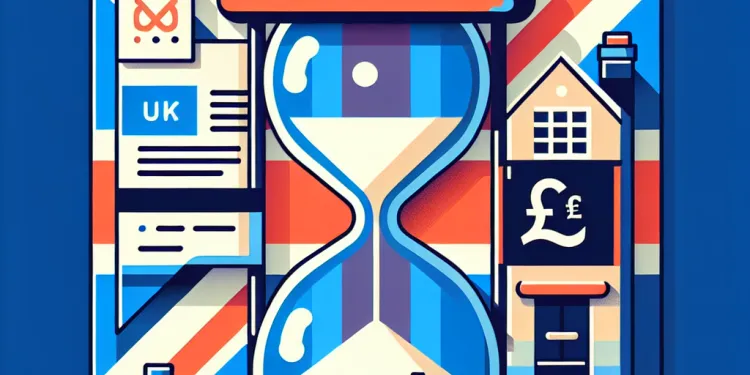
Is there a penalty for late payment of Stamp Duty in the UK?
Relevance: 34%
-
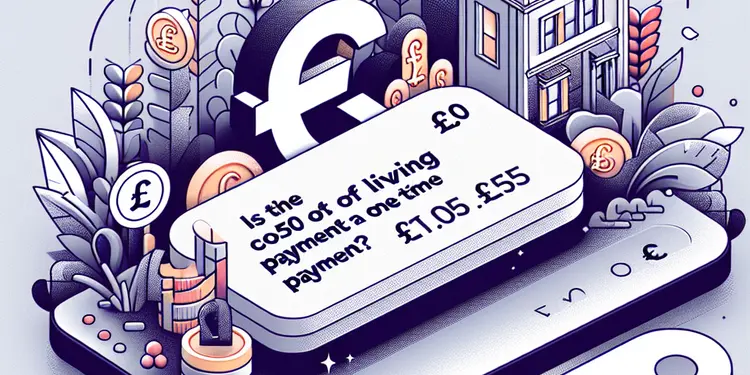
Is the £500 cost of living payment a one-time payment?
Relevance: 34%
-
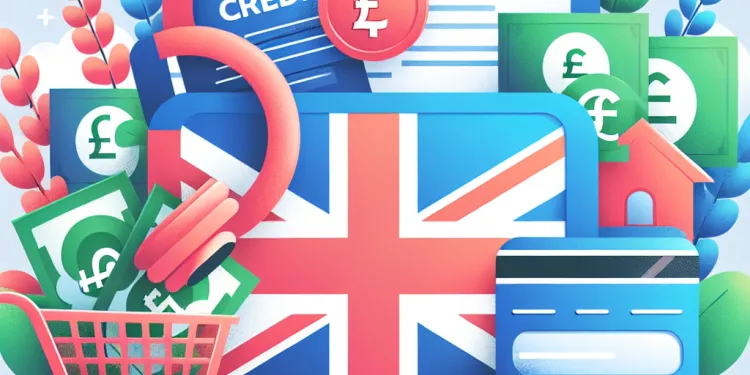
How is Universal Credit paid?
Relevance: 34%
-

Can I receive this payment alongside other cost of living payments?
Relevance: 34%
-

Who is eligible for a Funeral Expenses Payment?
Relevance: 34%
-
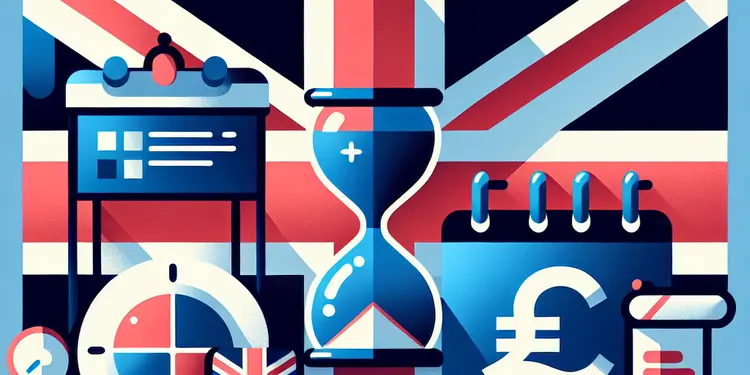
What happens if I've missed the payment deadline already?
Relevance: 33%
-
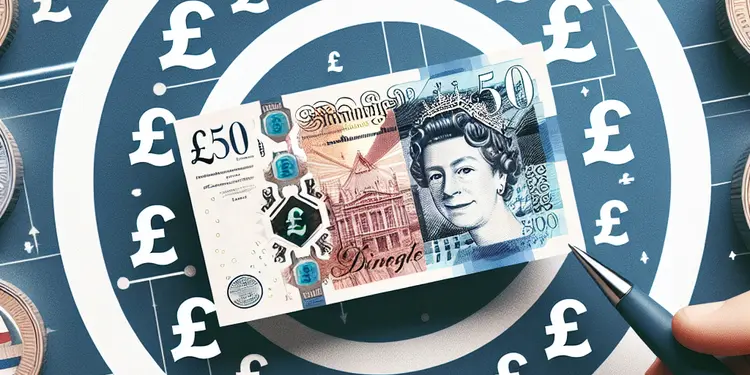
When will the £500 payment be distributed?
Relevance: 33%
-
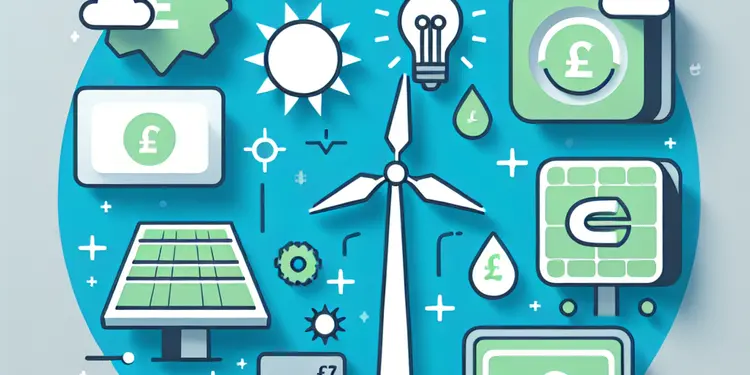
How do I know if I am on the best energy plan?
Relevance: 33%
-
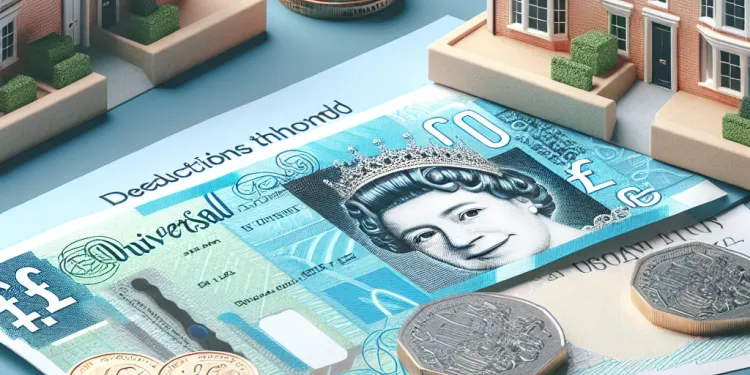
Are there any deductions from Universal Credit?
Relevance: 33%
-

How do I get the winter fuel payment in Scotland?
Relevance: 32%
-

What is a pre-paid funeral plan?
Relevance: 32%
-
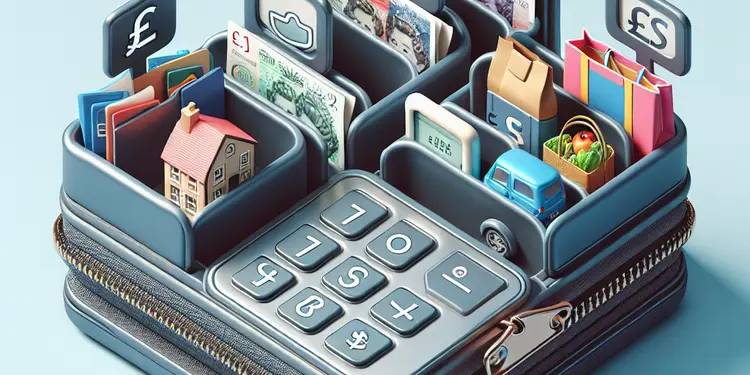
Can the payment be used for any expenses?
Relevance: 32%
-

What should I do if I am unemployed and can't make my loan payments?
Relevance: 32%
-
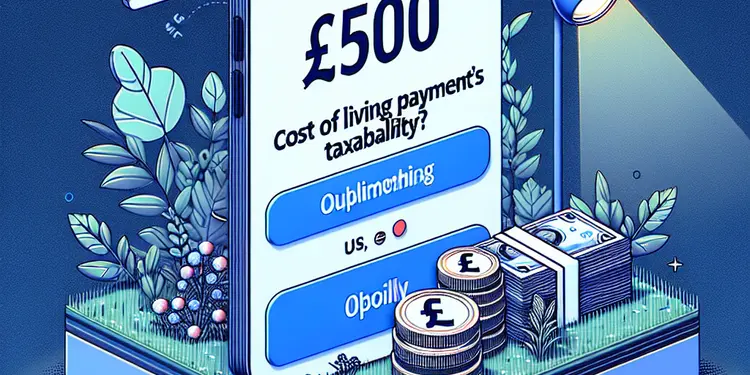
Is the £500 cost of living payment taxable?
Relevance: 31%
-
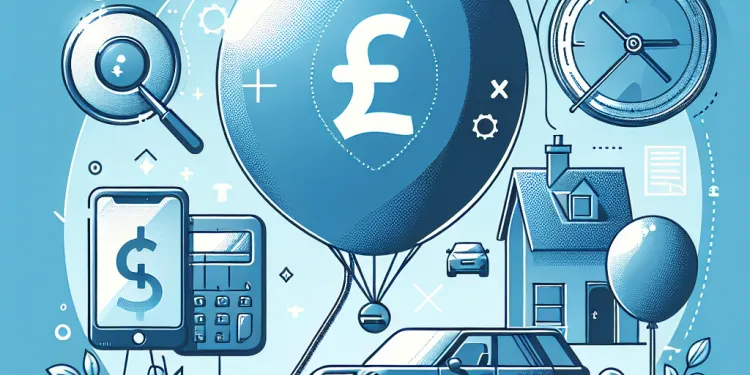
What is a 'balloon payment' in a PCP deal?
Relevance: 31%
-

Planning for your funeral
Relevance: 31%
-
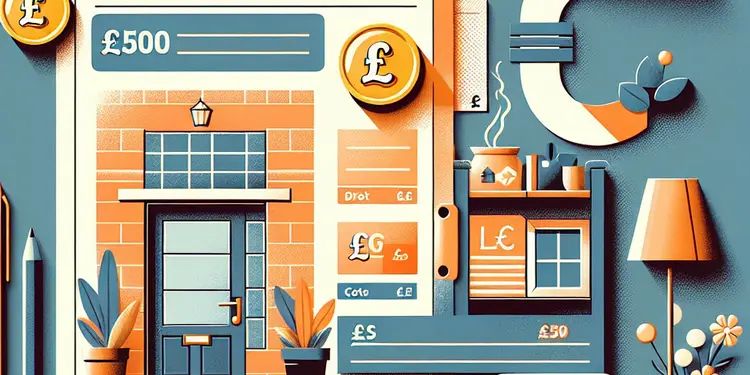
What is the £500 cost of living payment?
Relevance: 31%
-
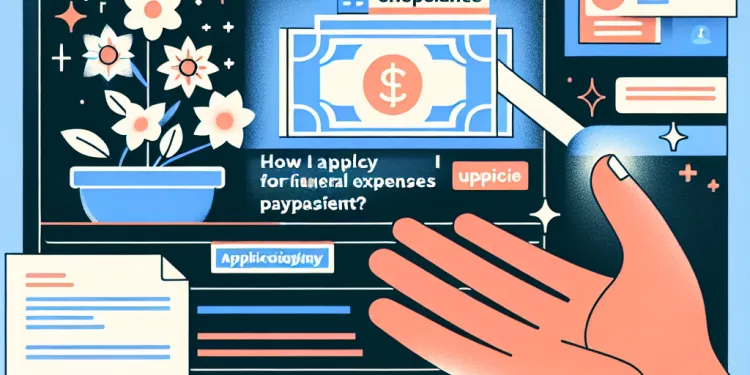
How do I apply for a Funeral Expenses Payment?
Relevance: 31%
-
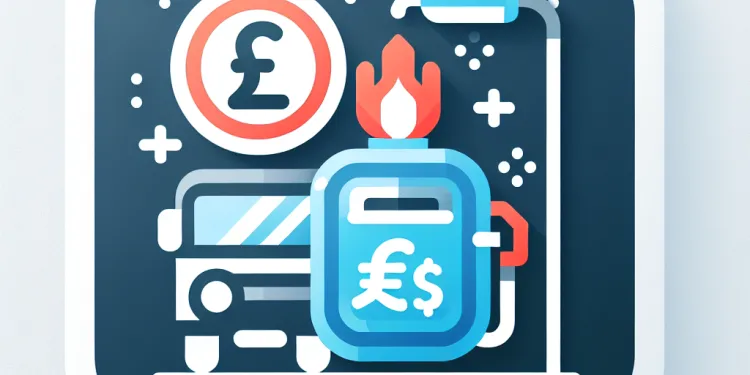
Is the Winter Fuel Payment taxable?
Relevance: 31%
Understanding Payment Plans and Overpayments
When managing finances, understanding how your payment plan affects the handling of overpayments is essential. A payment plan is a detailed schedule that outlines how much you will pay, how often, and over what period. In the UK, payment plans are common for services like utilities, mortgages, loans, and subscriptions. An overpayment occurs when you pay more than the due amount, intentionally or inadvertently. How these are managed largely depends on the nature of your payment plan.
Types of Payment Plans
There are several types of payment plans, including fixed payment plans, variable payment plans, and interest-only plans. In a fixed payment plan, you pay a set amount each period. Variable payment plans fluctuate based on usage or other factors. Interest-only plans require payments towards interest initially before principal amounts are paid.
Impact of Payment Plans on Overpayments
The impact of an overpayment under different payment plans can vary. With fixed payment plans, overpayments may be credited towards future payments or refunded upon request, depending on the service provider's policies. Providers often apply any extra payments to reduce the outstanding balance, possibly shortening the plan term. In a variable plan, overpayments might be credited to your account, reducing any variable costs for the next payment cycle.
Handling Overpayments for Loans and Mortgages
In loans or mortgage scenarios, overpayments often allow for the reduction of the outstanding principal. This can decrease the total interest paid over the loan's lifespan or enable an early payoff. Many UK lenders offer flexible terms for overpayment, but some may impose limits or fees, known as early repayment charges, if the overpayment exceeds a particular threshold. Checking your provider's terms can ensure you understand the implications.
Understanding Service Provider Policies
Service providers differ in how they handle overpayments. Most include terms in their agreements that specify how any additional payments will be treated. It's advisable to review your credit agreement, loan documentations, or the terms of service for utilities and other services. If the policy is unclear, contacting the provider directly can provide clarity.
Budgeting for Overpayments
Overplanning or budgeting for potential overpayments can be an effective financial strategy. For some households, it serves as a buffer, allowing for flexibility in future payments. However, it's crucial to ensure that overpaying does not negatively impact your ability to meet other financial obligations. Consider setting up alerts or reminders about payment deadlines and amounts to maintain balance.
Conclusion
Overall, whether and how your payment plan affects the handling of overpayments depends on several factors, including the type of payment plan and the specific policies of the company you are engaged with. Understanding these can help you make informed financial decisions and manage your payments effectively. Always review the terms and consult with your service provider if you have questions about overpayments.
Understanding Payment Plans and Overpayments
Managing money can be tricky. It's important to know how your payment plan works, especially if you pay too much by mistake. A payment plan is a schedule. It tells you how much to pay, how often to pay, and for how long. In the UK, people use payment plans for things like gas, electricity, home payments, loans, and subscriptions. An overpayment is when you pay more money than you need to. Understanding what happens with extra money depends on your payment plan.
Types of Payment Plans
There are different kinds of payment plans. Some are fixed, some change, and some are interest-only. A fixed plan means you pay the same amount each time. A plan that changes means your payment can go up or down. An interest-only plan means you first pay the interest before paying back the actual amount.
Impact of Payment Plans on Overpayments
Overpayments can affect your plan in different ways. In a fixed plan, extra money might go towards future payments or be given back if you ask. Some companies use extra payments to lower the amount you owe, which can make your plan finish sooner. In a plan that changes, extra money might reduce next month’s costs.
Handling Overpayments for Loans and Mortgages
If you pay extra on a loan or home payment, it might lower what you owe. This can mean you pay less interest overall or pay off the loan early. In the UK, many banks let you pay extra, but sometimes there are special rules or extra charges. Always check what your bank allows to avoid any fees.
Understanding Service Provider Policies
Each company can have different rules for extra payments. There are terms that explain how they handle your extra money. It’s a good idea to read these terms. If you don’t understand, it’s okay to call the company and ask questions.
Budgeting for Overpayments
Planning for extra payments can be smart. Sometimes it helps make future bills easier to handle. But be careful not to pay too much if it means you can’t pay for other things. You can set alerts to remind you to pay bills on time and with the right amount.
Conclusion
How your extra payments are handled depends on your payment plan and the company’s rules. Knowing these details can help make smart money choices. Always read terms and ask your provider if you have questions about extra payments.
Frequently Asked Questions
How can my payment plan affect overpayments?
Your payment plan terms may dictate how overpayments are handled, including whether they are automatically applied to future payments, refunded, or applied to the principal balance.
Will overpayments reduce my debt faster?
Yes, applying overpayments to the principal balance can reduce your debt faster, potentially lowering the total interest paid over time.
Can I request a refund for an overpayment?
Depending on the payment plan and the policy of the organization, you may be able to request a refund for an overpayment instead of having it credited to future payments.
Are overpayments automatically applied to future installments?
Some payment plans automatically apply overpayments to future installments, while others may require you to specify how overpayments should be handled.
Do overpayments affect my credit score?
Overpayments themselves typically do not affect your credit score, but consistently paying more than the minimum required can positively impact your credit by reducing your debt more quickly.
Will making an overpayment incur additional fees?
It depends on the terms of your payment plan; some plans might charge fees for overpayments, so it's important to review your agreement or contact the provider.
Can I designate how my overpayment is applied?
In many cases, you can request how an overpayment should be applied, such as towards the principal balance, but this depends on the terms of your payment plan.
Does my payment plan have a specific policy for handling overpayments?
Each payment plan may have its own policy regarding overpayments, so it's important to consult the terms and conditions or contact your service provider for details.
What happens if I make an overpayment by mistake?
If you make an overpayment by mistake, contact your service provider immediately to discuss options such as a refund or credit to future payments.
Can overpayments shorten the term of my loan or payment plan?
Yes, if overpayments are applied to the principal, they can shorten the loan term, but this depends on the agreement with your lender.
Will overpayments impact my scheduled payment dates?
Overpayments might not change your scheduled payment dates unless your payment plan specifically allows you to skip or modify payments as a result.
How do I find out how my overpayments are being handled?
Review your payment plan documentation or contact your service provider directly to understand how overpayments will be handled.
Are overpayments allowed under all payment plans?
Not all payment plans allow overpayments, so it's important to verify with your provider if your plan accepts additional payments.
Do overpayments require pre-approval from the provider?
Some providers may require notification or approval for overpayments, while others accept them without restrictions, depending on their policies.
Could overpayments lead to an account freeze?
Typically, overpayments would not lead to an account freeze, but checking with your service provider is essential to ensure compliance with their rules.
Are there any tax implications from making overpayments?
In most cases, overpayments do not have tax implications, but consulting with a tax advisor is always a good practice to understand any specific consequences.
Is there a limit to how much extra I can pay on my payment plan?
Some plans may have limits on extra payments or require you to follow certain guidelines, so reviewing your contract or discussing with your provider is advised.
How will overpayments appear on my statement?
Overpayments typically appear as credits or additional payments on your statement, depending on how they are processed by the provider.
What if my overpayment exceeds my outstanding balance?
If your overpayment exceeds the balance, you may be entitled to a refund or the excess could be held as a credit with your provider.
Do I need to inform my provider before making an overpayment?
It's a good idea to inform your provider before making significant overpayments to ensure they are applied according to your preferences and their policies.
How does my payment plan change extra payments?
Your payment rules tell you what happens if you pay too much. The extra money might go to your next payment, you might get it back, or it might help lower the main amount you owe.
Will paying extra make my debt go away faster?
Yes, paying extra money on top of your usual payments can help you pay off your debt faster. This might also mean you pay less interest in the end.
Can I ask for my money back if I paid too much?
If you paid too much money, you might get your extra money back. This depends on the rules of the place you paid.
Do extra payments go to future payments automatically?
Some payment plans will use your extra payments to pay for the future. Others might need you to say what to do with the extra money.
Will paying too much change my credit score?
Paying too much money usually does not change your credit score. But paying more than you have to can be good. It helps you owe less money faster.
Will I have to pay extra if I pay more than I owe?
Look at your payment plan rules. Some plans ask you to pay extra fees if you pay too much money. It is important to check your plan or ask the company for help.
Can I choose how my extra payment is used?
If you pay more money than needed, you might choose where it goes. Here’s what you can do:
- Ask your bank or company. They can help.
- Use a notebook to track what you paid.
- Try an app that helps with money.
These tips can help you manage your money better!
Sometimes, you can ask how to use extra money you pay. You might want it to lower the main debt. But this depends on your payment rules.
What happens if I pay too much money on my payment plan?
If you pay more money than you need to, your plan might have rules about what to do. You can ask for help if you are unsure. Use a calculator to check your payments or ask an adult to help.
Different payment plans have different rules for paying too much money. It is important to read the rules or talk to your service provider to find out more.
What happens if I pay too much by accident?
If you pay too much by mistake, tell your service provider right away. You can talk about getting your money back or using it for future payments.
Can paying extra make my loan or plan finish faster?
If you pay more than you need to, your loan or plan can end sooner. This means you don’t owe money for as long. You pay it off quicker.
Here are some tips to help:
- Use a calculator to see how much faster you can pay it off.
- Ask your bank or lender how extra payments work.
- Plan your budget to see if you have extra money to pay.
Need help? Ask someone you trust to explain or help you.
Yes, paying extra money on your loan can make it end sooner. But you need to check with the company you borrowed from first.
Will paying too much change when I pay?
If you pay too much money on your loan, your payment dates usually stay the same. You might get to change them only if your plan says so.
How can I check what happens to my extra payments?
Check your payment plan papers or talk to your service provider to find out what happens if you pay too much.
Can I pay more money on every payment plan?
Not all payment plans let you pay more than what you owe. It's good to check with your payment company to see if you can make extra payments.
Do you need to ask the provider before paying too much?
Sometimes, you might pay extra money by accident or want to pay more than needed. It's good to ask if this is okay with the provider first. You can use a phone call, email, or a simple form to ask. These tools can help you:
- Phone: Talk directly and ask if paying too much is okay.
- Email: Write and send a message to check if it's allowed.
- Form: Fill out a simple form to get permission.
Asking first can prevent problems and keep everything clear.
Some places might ask you to let them know or get permission if you pay too much money. Other places are okay with it, and you don’t need to do anything extra. It depends on their rules.
Can paying too much freeze my account?
Usually, if you pay too much by mistake, your account won't be frozen. But it's a good idea to talk to your service provider to make sure you follow their rules.
Will I need to pay extra tax if I pay more money than I need to?
Usually, paying too much money doesn't change your taxes. But it's a smart idea to talk to a tax helper to make sure you know what to do.
Can I pay more money on my payment plan?
If you are on a payment plan, you might want to pay extra money. Check with your plan to see if there is a limit to how much extra you can pay.
If you aren't sure, ask for help. You can talk to someone at the company. They can let you know your options.
Using big numbers? A calculator can help you work it out.
Some plans have rules about extra payments. Look at your contract to see what the rules are. You can also talk to the company that gave you the plan for help.
What happens to extra money I pay?
Sometimes, you might pay too much money on your bill. When this happens, you might see extra money or credits on your bill. This can look a little different depending on how the company shows it.
What happens if I pay too much money?
If you pay more money than you owe, this is called overpaying.
Here is what can happen:
- The extra money might be saved for next time.
- You might get the extra money back.
If you are not sure, you can:
- Ask someone for help.
- Call the company you paid.
Using a calculator can help you keep track of payments.
If you pay too much money, you might get some money back. You could also choose to keep the extra money with your service company to use later.
Should I tell my provider before I pay extra money?
Tell your provider if you want to pay more than usual. This way, they know what you want and can follow their rules.
Useful Links
This website offers general information and is not a substitute for professional advice.
Always seek guidance from qualified professionals.
If you have any medical concerns or need urgent help, contact a healthcare professional or emergency services immediately.
- Ergsy carfully checks the information in the videos we provide here.
- Videos shown by Youtube after a video has completed, have NOT been reviewed by ERGSY.
- To view, click the arrow in centre of video.
- Most of the videos you find here will have subtitles and/or closed captions available.
- You may need to turn these on, and choose your preferred language.
- Go to the video you'd like to watch.
- If closed captions (CC) are available, settings will be visible on the bottom right of the video player.
- To turn on Captions, click settings .
- To turn off Captions, click settings again.
More Items From Ergsy search
-

Could my payment plan affect how overpayments are handled?
Relevance: 100%
-

What should I do if I discover an overpayment?
Relevance: 66%
-

Mortgage Overpayment and Flexible Features Explained
Relevance: 63%
-

Are there any automated notifications for overpayments?
Relevance: 61%
-

Does overpayment affect my Council Tax band?
Relevance: 61%
-

What information do I need to check for overpayments?
Relevance: 60%
-

What details are needed to check for overpayments through my council?
Relevance: 57%
-

Will my council send a refund check if I overpay?
Relevance: 56%
-

Can funeral directors offer payment plans?
Relevance: 55%
-

What is the best way to ensure I don't overpay again in the future?
Relevance: 51%
-

Can overpayments occur due to discounts or exemptions?
Relevance: 50%
-

What happens if I receive more than one Winter Fuel Payment?
Relevance: 50%
-

What is a payment on account?
Relevance: 48%
-

What is an income-driven repayment plan?
Relevance: 41%
-

How do can I find out if I have overpaid my UK Council Tax?
Relevance: 40%
-

How does the payment affect students' financial aid packages?
Relevance: 39%
-

Does applying for an income-driven repayment plan affect my credit score?
Relevance: 37%
-

Student Finance: Should I pay more? | Plan 1 & Plan 2 | SF Explained
Relevance: 36%
-

Will the £500 cost of living payment affect my benefits?
Relevance: 36%
-

Is the £500 cost of living payment a one-time payment?
Relevance: 35%
-

How do interest rate changes affect my mortgage payments?
Relevance: 34%
-

Is there a penalty for late payment of Stamp Duty in the UK?
Relevance: 34%
-

Is the £500 cost of living payment a one-time payment?
Relevance: 34%
-

How is Universal Credit paid?
Relevance: 34%
-

Can I receive this payment alongside other cost of living payments?
Relevance: 34%
-

Who is eligible for a Funeral Expenses Payment?
Relevance: 34%
-

What happens if I've missed the payment deadline already?
Relevance: 33%
-

When will the £500 payment be distributed?
Relevance: 33%
-

How do I know if I am on the best energy plan?
Relevance: 33%
-

Are there any deductions from Universal Credit?
Relevance: 33%
-

How do I get the winter fuel payment in Scotland?
Relevance: 32%
-

What is a pre-paid funeral plan?
Relevance: 32%
-

Can the payment be used for any expenses?
Relevance: 32%
-

What should I do if I am unemployed and can't make my loan payments?
Relevance: 32%
-

Is the £500 cost of living payment taxable?
Relevance: 31%
-

What is a 'balloon payment' in a PCP deal?
Relevance: 31%
-

Planning for your funeral
Relevance: 31%
-

What is the £500 cost of living payment?
Relevance: 31%
-

How do I apply for a Funeral Expenses Payment?
Relevance: 31%
-

Is the Winter Fuel Payment taxable?
Relevance: 31%


